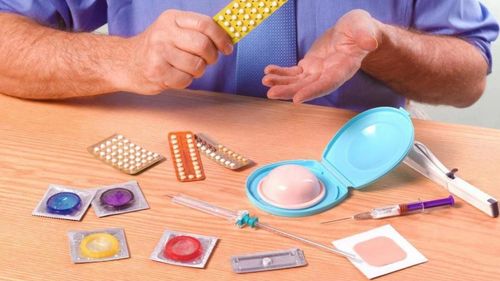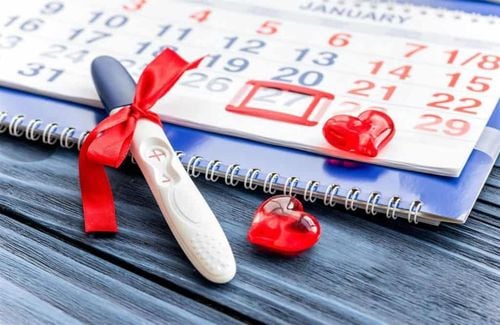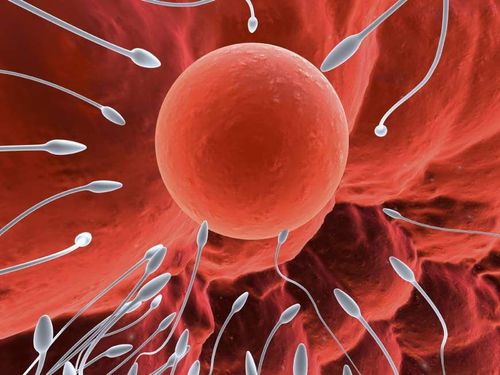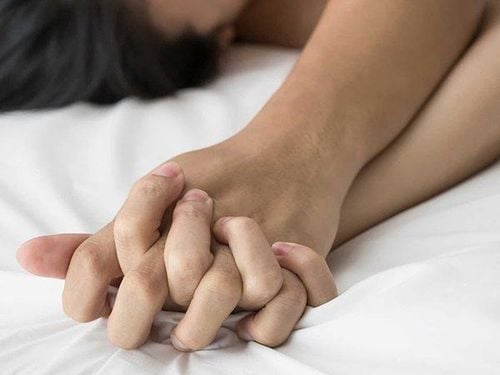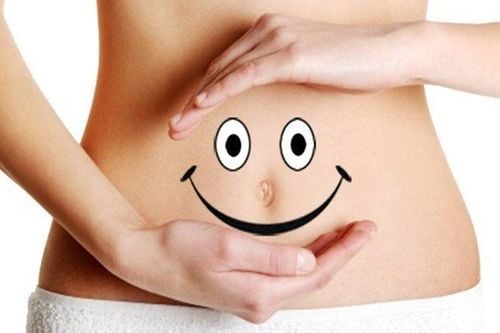This is an automatically translated article.
Everyone's menstrual cycle is different, so many people wonder when a 40-day menstrual cycle will ovulate? In a 32 day menstrual cycle, when do you ovulate? How many days after ovulation?
Video content is professionally consulted by Specialist Doctor II Huynh Thi Hien - Department of Obstetrics and Gynecology - Vinmec Nha Trang International Hospital
In fact, ovulation is the phase of the menstrual cycle when a mature egg is released from the ovary and travels down the fallopian tube to wait for the sperm to meet the egg and fertilize it.
If the fertilized egg will start the process of cell division, and move to the uterus, until the blastocyst forms, it will implant in the uterus and if the implant is successful, the pregnancy process will begin. If the egg is not fertilized, it will break down and the lining of the uterus will be shed during menstruation.
Usually, ovulation occurs about 2 weeks before the start of your period and can vary from month to month.
The ovulatory menstrual cycle is counted from the first day of menstruation until the first day of the next menstrual period. Some women have cycles lasting only 20 days, others up to 40 days or more, when cycles that repeat at a relatively steady rate are considered normal.
To accurately determine your ovulation, women should observe at least 3-4 months and record the number of days that the cycle returns. The number of days of a cycle should be close to each other or not too much, or your ovulation will not be really accurate.
Menstrual cycle and ovulation are closely related. To calculate the exact day of ovulation, a woman's menstrual cycle must be regular and stable. The easiest way to estimate ovulation is by counting backwards. In theory, you'd first need to work out the date your next period should start, based on the number of days that the cycle repeats was previously tracked. After determining the date of your next period, you just need to count back 14 days, which is the day of ovulation in this cycle. No matter how long the cycle lasts, 14 days after ovulation will start the next menstrual period. From there, we apply the opposite calculation method.
If after seeing the signs of ovulation or accurately determining the day of ovulation about 14-15 days, you have not seen your period, you may have missed your period. The delay in menstruation has many causes, maybe you are pregnant, but it can also be due to hormonal disorders, so your period comes later than usual or this is a sign of menstrual cycle disorder, you need to see a doctor. specialist to determine the cause.
Please dial HOTLINE for more information or register for an appointment HERE. Download MyVinmec app to make appointments faster and to manage your bookings easily.





